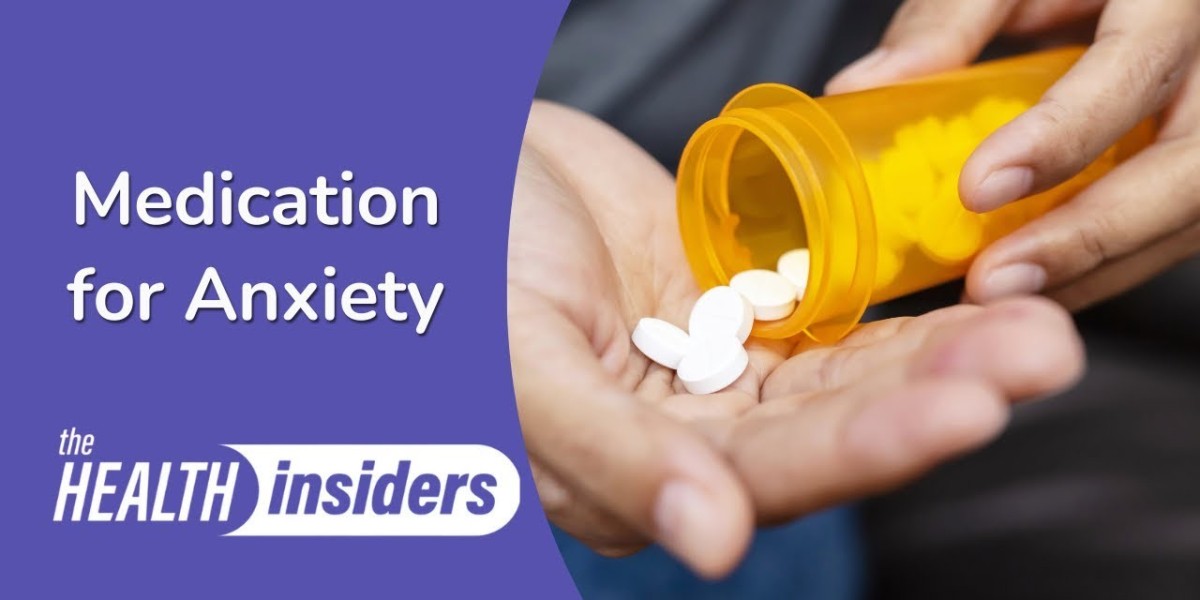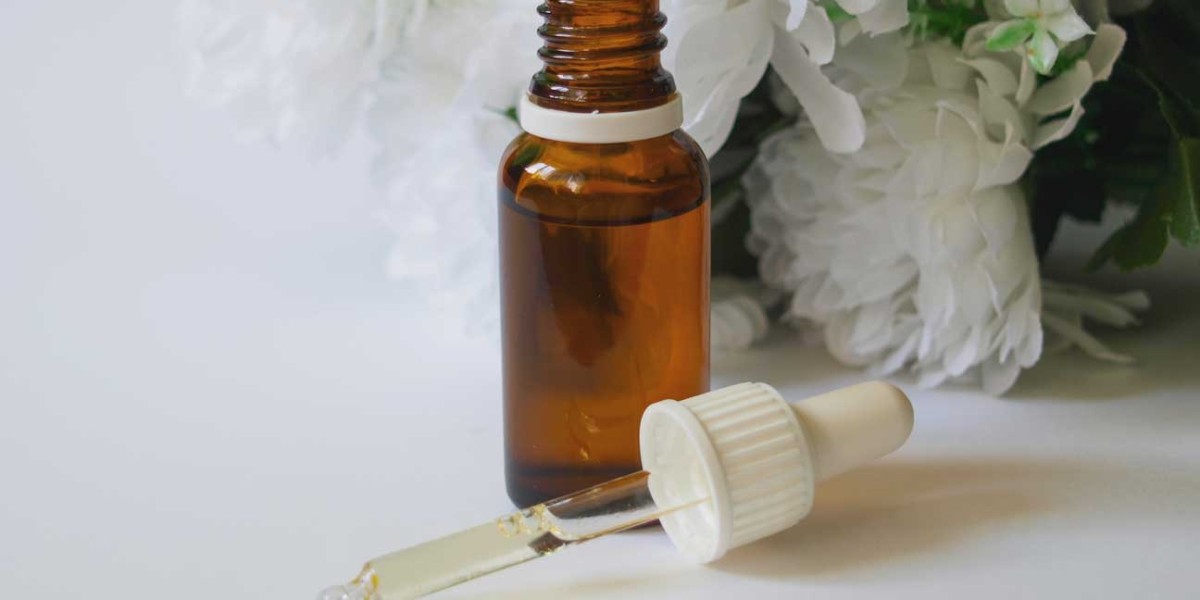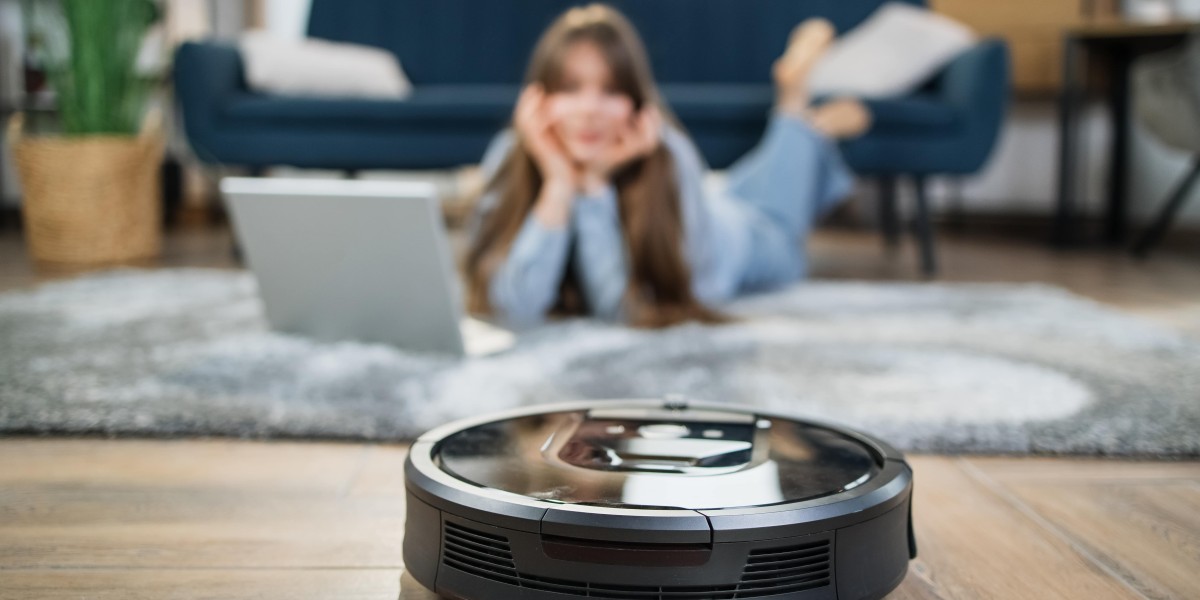Anxiety disorders are among the most common mental health issues worldwide, affecting millions of individuals each year. While medication is a common treatment option, many people are concerned about the risk of dependency associated with traditional anti-anxiety drugs, such as benzodiazepines. This has led to a growing interest in non-addictive anti-anxiety pills that provide relief without the dangers of addiction.
What Are Non-Addictive Anti-Anxiety Pills?
Non-addictive anti-anxiety pills are medications or supplements designed to alleviate anxiety symptoms without causing physical dependence or withdrawal symptoms. Unlike benzodiazepines, which can lead to tolerance and addiction, these alternatives work in a way that does not create a cycle of dependency. They are generally safe for long-term use and are often recommended for individuals with chronic anxiety disorders.
Types of Non-Addictive Anti-Anxiety
Selective Serotonin Reuptake Inhibitors (SSRIs)
SSRIs are a class of antidepressants commonly prescribed for anxiety disorders. Medications like sertraline (Zoloft) and escitalopram (Lexapro) increase serotonin levels in the brain, promoting a sense of well-being and calm. While they are not habit-forming, they may take several weeks to show effectiveness.
SSRIs are particularly effective in treating generalized anxiety disorder (GAD), social anxiety disorder (SAD), and panic disorder. However, some individuals may experience mild side effects, such as nausea, headaches, or insomnia, during the initial weeks of treatment.
Serotonin-Norepinephrine Reuptake Inhibitors (SNRIs)
Similar to SSRIs, SNRIs, such as venlafaxine (Effexor) and duloxetine (Cymbalta), work by balancing serotonin and norepinephrine levels. They are effective in managing generalized anxiety disorder (GAD) and other anxiety conditions without the risk of addiction. SNRIs may also help individuals who experience physical symptoms of anxiety, such as muscle tension or chronic pain.
While SNRIs are generally well-tolerated, they may cause side effects such as dry mouth, dizziness, or changes in appetite. These symptoms often subside as the body adjusts to the medication.
Beta-Blockers
Beta-blockers like propranolol are typically used to treat high blood pressure but can also manage the physical symptoms of anxiety, such as rapid heartbeat and trembling. They are non-addictive and useful for situational anxiety, like public speaking or performance anxiety.
Propranolol works by blocking the effects of adrenaline, helping individuals stay calm in high-stress situations. However, it is not suitable for treating chronic anxiety disorders and should be used on an as-needed basis.
Buspirone
Buspirone is a non-addictive medication specifically designed for anxiety. It works by affecting serotonin and dopamine receptors in the brain. It is particularly effective for generalized anxiety disorder and has minimal side effects compared to benzodiazepines.
Buspirone is an excellent option for individuals who want a long-term solution for anxiety without the sedative effects of other medications. It may take several weeks to notice improvements, so patience is essential.
Antihistamines
Certain antihistamines, such as hydroxyzine, can provide short-term anxiety relief. While not addictive, they may cause drowsiness, making them suitable for acute anxiety episodes rather than daily use.
Hydroxyzine is often prescribed for individuals who need immediate relief from anxiety symptoms but prefer to avoid benzodiazepines. Its calming effects can help individuals fall asleep and reduce physical tension.
Herbal Supplements
Natural remedies like ashwagandha, valerian root, and chamomile have shown promise in reducing anxiety. These supplements are generally safe but should be taken under a healthcare provider’s supervision to avoid interactions with other medications.
Ashwagandha, for example, is an adaptogen that helps the body manage stress by regulating cortisol levels. Valerian root is known for its calming effects and is often used to promote better sleep. Chamomile, commonly consumed as a tea, has mild sedative properties that can help ease mild anxiety.
Benefits of Non-Addictive Anti-Anxiety Pills
No Dependency Risk: These medications do not create a physical need to continue use.
Long-Term Use: Safe for extended treatment plans.
Minimal Side Effects: Most non-addictive options have fewer and less severe side effects compared to traditional anti-anxiety drugs.
Improved Quality of Life: They help manage anxiety symptoms, enabling individuals to function better in daily life.
Non-addictive anti-anxiety empowers individuals to regain control of their lives without the fear of addiction. They allow people to participate in daily activities, build meaningful relationships, and pursue personal goals with reduced anxiety.
Considerations Before Choosing a Non-Addictive Option
While non-addictive anti-anxiety are generally safer, it is essential to consider the following:
Consult a Healthcare Professional: Always discuss with a doctor to determine the best treatment plan. They can assess your specific needs, medical history, and potential interactions with other medications.
Patience with Results: Some medications, like SSRIs and SNRIs, may take weeks to show noticeable effects. Consistency is key, and sudden discontinuation should be avoided without medical advice.
Possible Side Effects: Even non-addictive medications can cause mild side effects, such as nausea or fatigue. Understanding the potential risks can help set realistic expectations.
Lifestyle Changes: Combining medication with therapy, exercise, and stress management techniques can enhance treatment effectiveness. Medication is often most effective when used as part of a comprehensive treatment plan.
Non-Medication Strategies to Complement Anti-Anxiety Pills
To maximize the benefits of non-addictive anti-anxiety, consider integrating the following practices into your routine:
Cognitive Behavioral Therapy (CBT): A proven method for addressing and reframing anxious thoughts. CBT helps individuals identify negative thought patterns and develop healthier coping mechanisms.
Mindfulness and Meditation are techniques that promote relaxation and reduce stress. Deep breathing, progressive muscle relaxation, and guided imagery can be particularly effective.
Regular Exercise helps release endorphins, improving mood and reducing anxiety. Activities like yoga, walking, and swimming are excellent options for maintaining physical and mental health.
Balanced Diet: Proper nutrition supports overall mental health. Foods rich in omega-3 fatty acids, magnesium, and B vitamins can have a positive impact on mood and anxiety levels.
Adequate Sleep: Poor sleep can exacerbate anxiety, so prioritize a consistent sleep schedule. Establishing a bedtime routine and creating a calming sleep environment can improve sleep quality.
Common Myths About Non-Addictive Anti-Anxiety Pills
They Don’t Work as Well as Traditional Medications
While they may take longer to show results, non-addictive medications are effective for managing anxiety, especially when combined with therapy. Many individuals experience significant improvement in their symptoms over time.
They Are Completely Side-Effect Free
Although they have fewer risks, some side effects are possible, such as drowsiness or gastrointestinal issues. It’s important to discuss these potential side effects with a healthcare provider to determine the best course of action.
Herbal Supplements Are Always Safe
“Natural” does not always mean safe. Herbal remedies can interact with other medications and should be used cautiously. Always consult a healthcare professional before starting any supplement regimen.
You Can Stop Them Anytime
Some medications, even non-addictive ones, require gradual tapering under medical supervision to avoid potential withdrawal symptoms or relapse of anxiety.
Real-Life Success Stories
Many individuals have found relief through non-addictive anti-anxiety pills, reclaiming their lives from the grip of anxiety. For example:
Maria’s Journey: Maria struggled with social anxiety for years. After starting an SSRI and attending therapy, she gradually overcame her fear of public speaking and now leads a successful career in marketing.
James’s Transformation: James experienced chronic anxiety due to work stress. By combining buspirone with regular exercise and mindfulness, he significantly reduced his anxiety levels and improved his overall well-being.
These stories highlight the importance of a personalized approach to anxiety management.
Final Thoughts
Non-addictive anti-anxiety pills offer a safer alternative for managing anxiety without the risks associated with traditional medications. Whether you’re dealing with chronic anxiety or situational stress, these options can provide effective relief. However, it is essential to consult a healthcare professional to create a personalized treatment plan. Combining medication with therapy and lifestyle changes can significantly improve your overall mental well-being.








